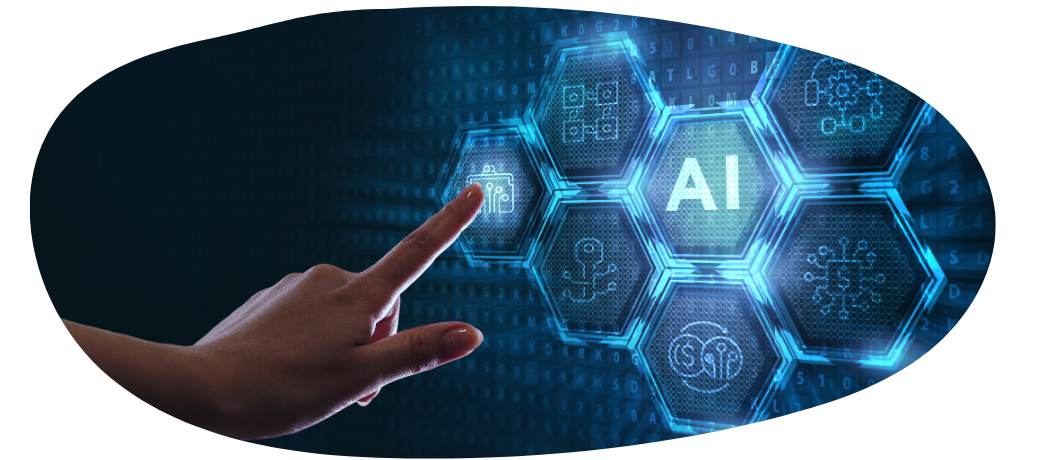AI for Talent Acquisition: Embracing a People-First Approach
EMMA EGAN

In today’s rapidly evolving talent landscape, artificial intelligence (AI) is revolutionising how organisations attract, engage, and hire top talent. The potential of AI to streamline processes, boost efficiency, and facilitate data-driven decisions is immense. However, it’s crucial to maintain a balance, ensuring that technology complements rather than replaces human judgement and interaction.
AI should be viewed as a valuable tool to augment and refine the skills of talent acquisition professionals rather than a substitute for human expertise. By incorporating AI, HR teams can automate routine tasks, freeing time for more strategic and relationship-building activities. Simultaneously, investing in upskilling and training programmes is essential to empower employees to collaborate with AI tools effectively.
Before embarking on AI implementation, organisations should assess their data readiness. A comprehensive understanding of existing data guides the selection of appropriate AI solutions, aligning them with specific talent acquisition needs. Establishing a robust data foundation empowers HR leaders to leverage AI for informed decisions and the optimisation of hiring strategies.
Ethical considerations are paramount in the adoption of AI in talent acquisition. HR leaders must prioritise transparency, ensuring that AI tools are used fairly, unbiasedly, and responsibly. Building trust with employees and candidates is essential for successful AI implementation. An ethical and transparent approach creates a positive work environment where AI enhances human capabilities without compromising integrity.
AI integration does not need to demand a radical overhaul of existing processes. Instead, HR leaders should initiate small, targeted experiments to identify practical AI applications within their context. This iterative approach allows for continuous learning and adaptation, enabling organisations to adjust talent acquisition strategies as technology and business needs evolve.
Strategic deployment of AI should address specific business challenges and pain points in the talent acquisition process. Clearly defining the problems AI can solve enables organisations to select suitable solutions, ensuring efficient technology use and measurable improvements in the hiring process.
AI’s accelerating pace of change requires talent acquisition professionals to adopt new skills. A learning mindset is crucial to stay ahead in the ever-evolving talent landscape. Encouraging upskilling and training programmes equips the workforce for success in the AI-driven future of work.
While technical skills are vital, a growth mindset is equally crucial in the face of rapid technological advancements. Prioritising the hiring of individuals with a growth mindset who are open to learning, adaptable, and willing to face challenges fosters a culture of continuous learning and development. This approach builds a future-ready workforce adept at leveraging AI in the evolving talent landscape.
Despite AI’s capabilities, human interaction remains fundamental in talent acquisition. Building relationships with candidates and fostering a positive candidate experience is vital for attracting and retaining top talent. AI can complement these human interactions but can only replace them partially. Striking the right balance between technology and the human touch allows organisations to create an appealing employer brand.
As AI reshapes talent acquisition, HR leaders must adopt a people-first approach, emphasising human judgement, relationship building, and a commitment to ethical practices. Integrating AI effectively into talent acquisition strategies empowers organisations to leverage technology, enhance human capabilities, drive innovation, and build a future-ready workforce in the ever-evolving talent landscape.